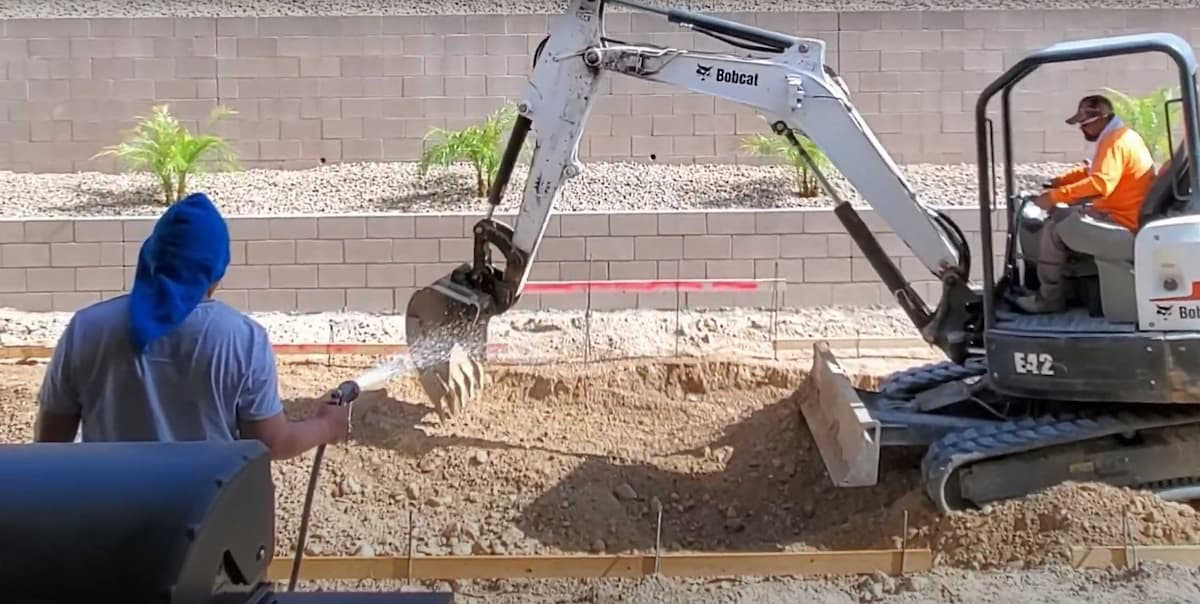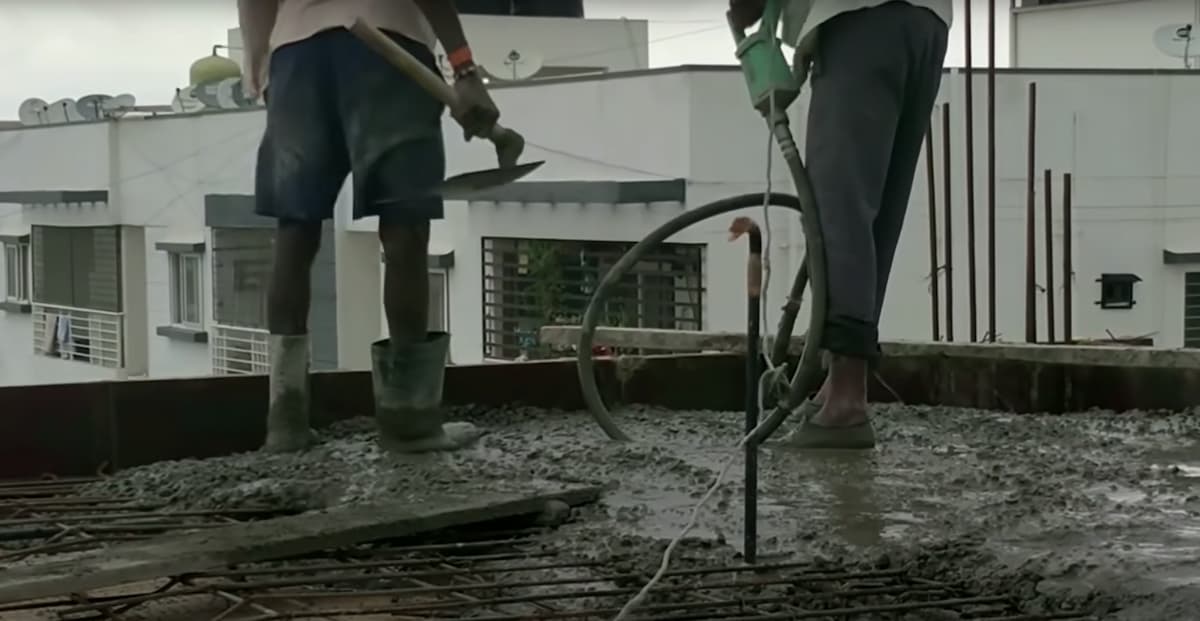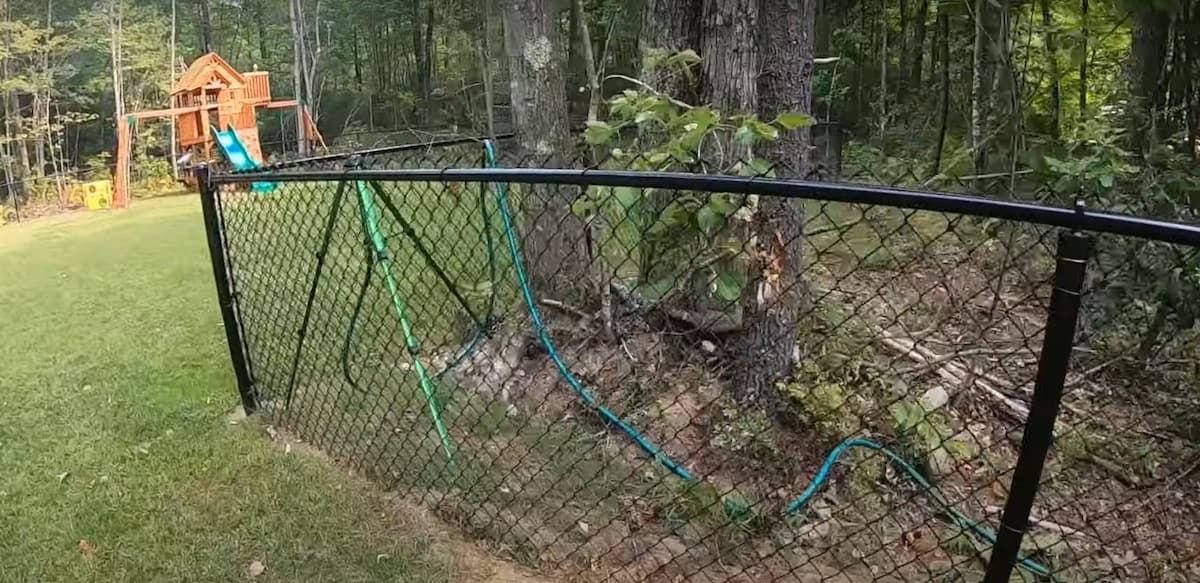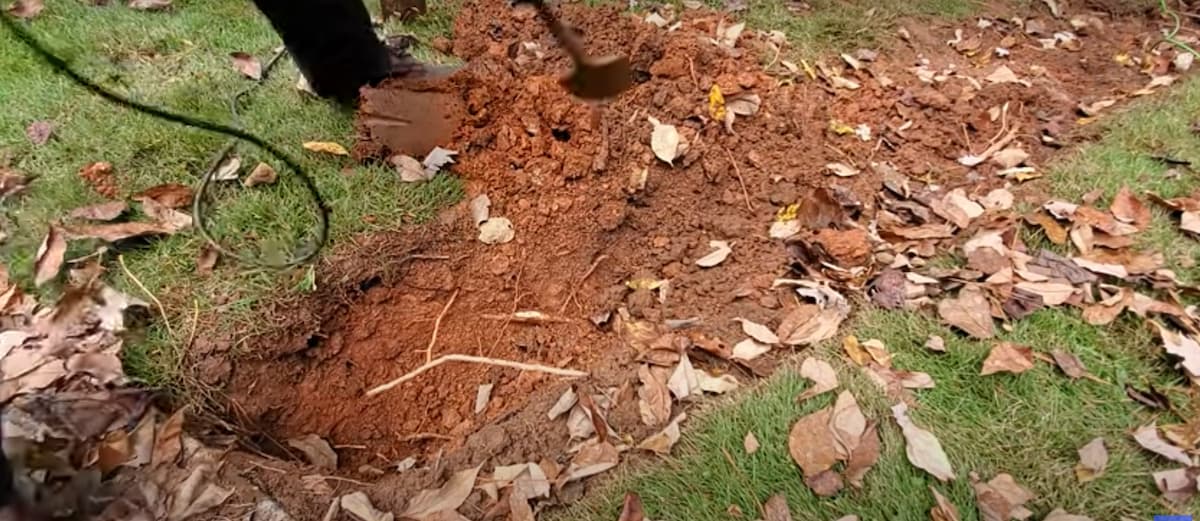Excavation is the process of digging into the Earth to create underground spaces for either utility or excavation purposes. The word can be traced back to Latin, “excavatio”, meaning “a deep cut.” This definition might seem a little cryptic, but it’s actually quite straightforward once you understand what people do when they excavate, they dig.
Excavating typically requires heavy machinery and large amounts of water and other fluids such as hydrochloric acid in order to remove earth material that blocks the work area.
This article may explore some of the most common forms of excavation and how they are used today, and most importantly excavation costs in Australia.
Excavation Cost Australia
Excavation is used throughout Australia to remove dirt from agricultural land, farms, plumbing and sewage systems, basements, driveways, and walkways for residential and commercial properties. Sometimes it may be impossible to know how much does excavation cost until you start the construction project and the specialised equipment is on-site, starting the excavation job and working on the not so flat surface.
The topography, tree density, site location, and size of the excavation site as well as the equipment used to dig it all influence the cost of excavation services. A professional excavation service may set you back between $800 and $6,500 on average. On average excavation costs are between $70 and $150 per hour. You can also expect to pay 2 to 2.5 times the hourly excavation rate if you want your excavator to do the hauling away of dirt and debris as well, so $140-$250 per hour would not be unusual.
Types of Excavation
What types of work do you think excavation companies would be capable of completing? The majority of excavation services perform a variety of tasks, including,
- For a small detailed footing excavation project, tiny excavation projects are required.
- Trenching is a process of digging down with the aid of metal rods or shovels. Compacting the dirt is also known as ground stabilization.
- Land clearing or earth clearance is the process of removing debris and soil from an area that has been developed and prepared for use by humans or other animals (such as construction sites).
- Site preparation which consists of preparing an area for future activity such as infrastructure installation, before it can be used by humans or other animals (such as construction sites).
- Bulk excavation of rock
- Posthole digging refers to excavating in holes dug into previously built embankments (precipices), retaining walls, slopes
- Basement excavation
- Pool excavation
Costs depend on the service required. The type of excavation performed largely depends on the type of material, depth and quantity to be removed. Digging in rocky terrain can be expensive. Geological excavation is required for different types of soil conditions such as clay loam, coarse sand or gravel.
Factors that Raise the Excavation Cost
To give an accurate estimate of the average excavation cost, your excavation contractor may first need to visit your property and examine the location. Each job has its own set of difficulties, all of which influence the end price. The final how much does it cost may be influenced by these variable.
- Location and access to it.
Sometimes, the way they get the equipment into your yard may be difficult. If you only have restricted access to your backyard, it may influence which excavation equipment is available and the excavator cost.
- Size of the excavation project.
The total amount of work required to finish the project, including labour and debris removal, as well as anything else you want to be built on your block. Swimming pool excavation costs are greater than that of digging a trench since it takes longer to empty out dirt.
- Terrain and type of soil.
Some dirt analysis services might also be able to tell you which type of soil you have. You can usually discover this out by looking at the colour or texture of your dirt. The sort of soil you have, as well as the presence of pebbles on your property, are both factors to consider and may increase the land excavation cost.
- Other services.
If trees have to be removed from the site and if ground levelling is necessary, or any other work is required.
Excavation Cost in Australia per M3
Per M3 the excavation cost varies between $50 and $200 depending on where you are digging. $70 to $150 per hour for the excavation contractor, the average cost of excavation works out at around $80/hour or about $500/day. Excavation costs for an average 20M3 deep hole may set you back around $3500.
Please keep in mind that these are only rough estimates based on our own research. They are not guaranteed prices nor can they be applied universally to all but similar jobs. Make sure you get a free quote from your construction company before agreeing on any excavation services.
Benefits of Hiring Professional Excavation Contractors
As with any service that requires a particular skill, hiring professional excavators ensures that the job is done right. It might be tempting to try and do this yourself but excavators have all the necessary equipment and training to complete these kinds of excavation work. Furthermore, many construction companies offer a wide range of other services such as house foundation repair or building repair so you can hire them for multiple tasks at once.
The main benefit of hiring an excavation company is to save you time and money. If you want to reduce your stress levels while completing your home project, it’s best to leave the heavy-lifting part to professionals. In return for their hard work, they’ll ask you only for a relatively small fee in comparison with what you’d spend if you tried to do the excavation yourself.
When it comes to deciding what is the most cost-efficient method, hiring an excavation contractor may always be your best bet. It’s a good idea to get a pre-estimate done before experiencing firsthand how much does construction excavation really cost. On average excavation costs range to as low as $1000 but may reach higher than $10000. It’s best to use a professional excavation cost calculator or get a quote from professional excavators.
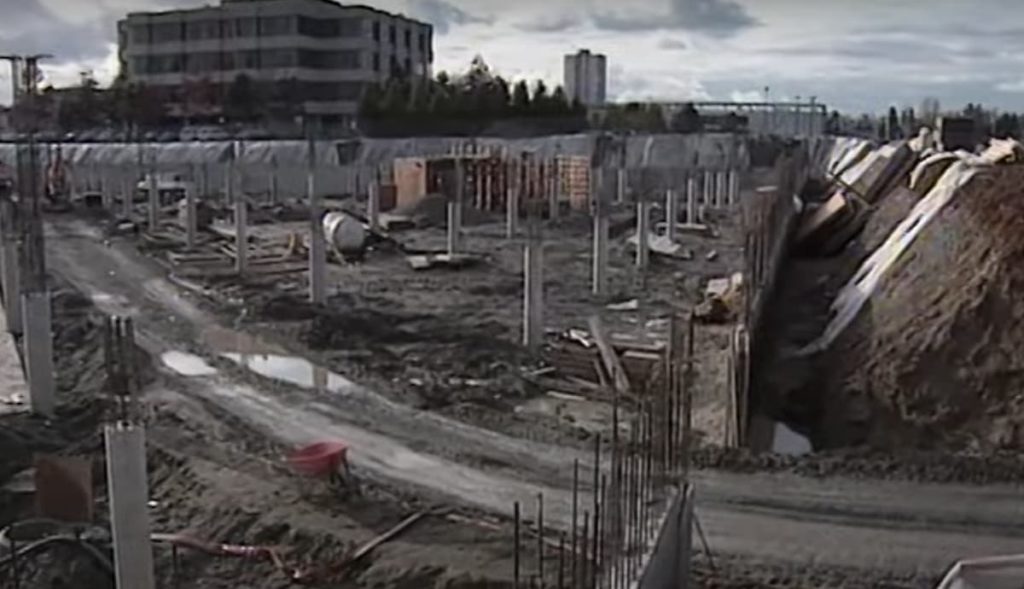
Basement excavation costs
A basement is one of the fundamental components of a home or building. Excavating basements with dimensions of 6 meters x 4 meters x 1meter costs around $2,000, which is considered a minor and simple task. A more complicated but comparable-sized basement project might cost between $8,000 and $15,000.
Costs for a basement with 100 square meters in size range from $15,000 to $25,000 on average. However, if you only rent the essential equipment for your basement excavation, these costs may be reduced. So be careful not to hire anything more than is required.
Pool Excavation Costs
Experts in excavation services should be used to excavate for an in-ground pool. The cost of a swimming pool excavation ranges from $500 to $3,000, and this is only a guess at the low end. The cost of digging a pool can range from $1,350 to $12,000, depending on the type, form, access, dimensions, soil type, and any further work required during the extraction process.
Expensive swimming pool excavation projects, on the other hand, may cost anywhere from $7,000 to $30,000. In general, excavation costs for higher in-ground pools are greater than those of pools that are above ground because of the extra excavation work required.
Which Equipment You Can Rent for an Excavation Project
Is it more cost-effective to use your own equipment for excavation or should you hire the necessary machinery? It’s a question many people ask themselves before digging their project, and you’ll need an answer if you want to get accurate excavation costs.
Of course, hiring heavy equipment is more expensive than offering your own storage space and using your own tools. However, some projects require a large number of machines that might be too much for your finances. Depending on where you’re digging and what type of work needs completion, these are the most commonly used.
- Tractors
Pioneers in rural construction and agriculture since 1941, they shape earth into a new land. They can also help remove redundant material from roads or dig small trenches from 1.2 to 3.6 meters in depth. Additionally, they can complete other general tasks from filling out holes with soil from 1.2 to 4 meters or levelling a road by removing redundant material or moving fill dirt into open spaces for construction projects that need it.
- Truckloaders
These machines are usually used for loading and transporting far distances without requiring manpower support. They’re equipped with a bucketful of various attachments, including optional rammers, claws, forklifts and pallet jacks if necessary. Their maximum digging capacity is 2x4x1m3 but the lift capacity reaches 5 tons per load bed depending on the model you choose for your project.
- Excavators
Used primarily as a man-operated machine because it can move around different types of terrain while still completing specific tasks. Excavators, on the other hand, have a high-lifting capacity that can hold 5 or 6 tons in their bucket if you choose one with a larger engine and arms. An excavator and tip truck may cost you around $90 per hour.
- Bulldozers
The best machines for levelling large chunks of land to make way for construction projects like roads or buildings. Bulldozers are equipped with various blades depending on what type of project is at hand and how tall you want your finished product to stand out. Its maximum digging capacity ranges from 1x1x1m3 up to 4x4x2m3, however, its lift capacity reaches up to 12 tons per load bed and it has an adjustable blade for simple contours and transitions.
- Cherry pickers
These are machines used for lifting workers to high places during construction projects while keeping them safe from potential accidents. Some models even have extendable booms that can be raised up through the air so workers can continue their work without being affected by weather or time of day.
Excavation Daily Rental Costs
Excavation costs depend on what type of project is being completed, the area where you’re digging, how much equipment it requires and which company may provide excavation services.
However, hiring excavation equipment should always be more expensive than using your own tools because there are various costs associated with the process itself. For example, excavators require either an experienced operator or a team to complete tasks accurately throughout the entire job site, renting a machine might cost about $1000 per day and require a full week to complete the job. If you’re putting together an excavation project by yourself, your budget may run straight down in no time and you’ll end up with lower quality results than expected if you don’t take it slow.
Excavating Land VS Land Grading
Excavation and grading of land are two such distinct tasks. Some individuals believe that these two activities are synonymous.
Grading lowers and smoothes the terrain, making it simpler to operate on. Grading also directs water away from a structure’s foundation and helps prevent flooding issues. Excavation is the process of removing earth, debris, and other undesirable substances from a job site.
Grading costs are determined by how much earth is removed to provide a smooth, gently sloping construction site. Grading land costs between $15 and $30 per square metre. Land excavation and rock excavation fees range from $60 to $150 an hour, depending on the size of the task, where it is being done, and whether specialized heavy machinery is required. An excavator’s daily rental fee ranges from $130 to $2,200 each day.
Australia Excavation Cost
Excavation and earthmoving services in South Australia cost around $80 per hour, the least of any state in Australia. Residents of Western Australia, on the other hand, pay somewhat more for similar work, around $88 per hour.
The average cost of excavation and earthmoving work in New South Wales is $90 per hour, with excavators charging the same rate in Queensland and Victoria. The Australian Capital Territory has the most expensive hiring costs for excavators and earthmovers, at $100 per hour.


